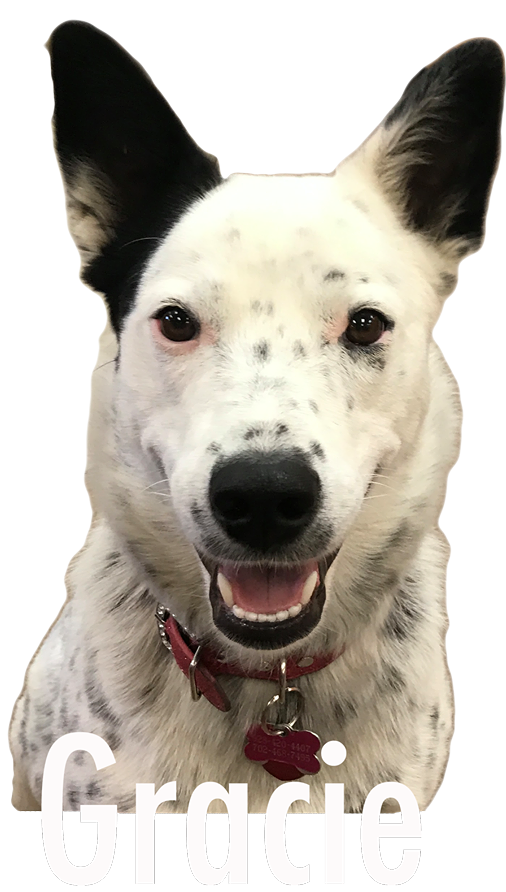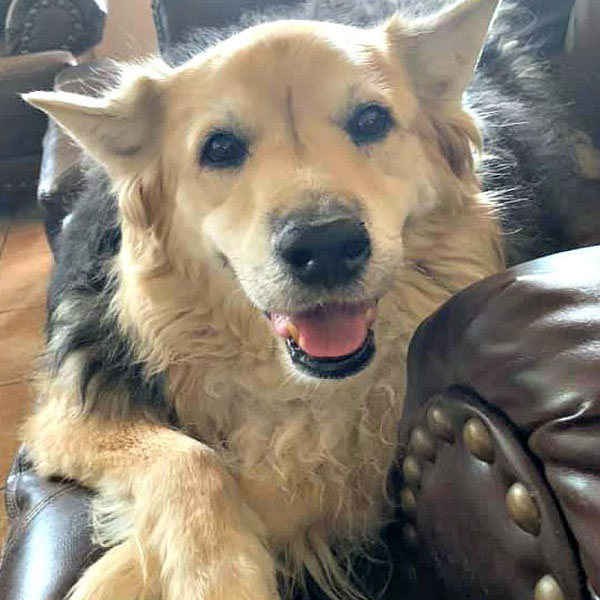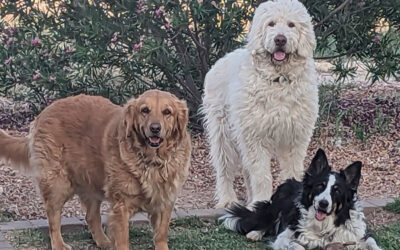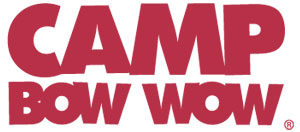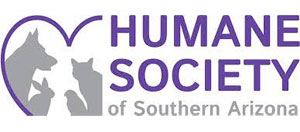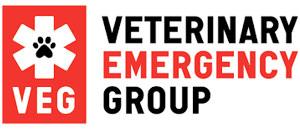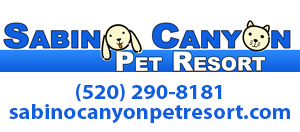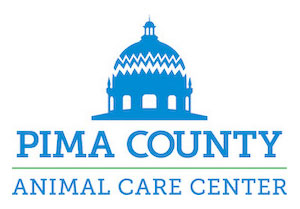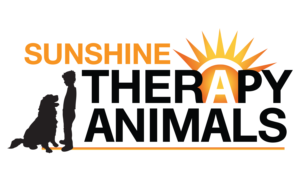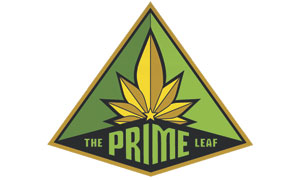Ann Herrington is a woman on a mission. Her goal has always been to improve the lives of pets and inform animal lovers about how they can better provide for their furry friends. Over the years, that mission has taken many different forms. In the late 90s, she organized quarterly adoption events where she lived in Las Vegas. When she moved to Prescott, AZ, she started something similar and went on to start the Prescott Dog. And in 2017, she founded the Tucson Dog.
“My goal was to educate people about being responsible pet guardians,” she says. “I don’t even like the word, ‘ownership.’”
One of Herrington’s most impactful initiatives got a unique start. She used to work with the City of Prescott to reserve the town square for adopt-a-thon events, but when the city pivoted to focus on other projects, she couldn’t reserve the square herself—she had to do it through a nonprofit organization. So, she decided to start a nonprofit herself.
“I wanted to help the community because I realized people sometimes weren’t able to care for their animals or they were lower-income and unable to manage vet bills,” she says. “And also the rescues—there are always vet bills for rescues.”
She established Big Dog Charitable Foundation in 2013. Just months later, tragedy struck the community when the Yarnell Hill Fire killed 19 members of the Granite Mountain Hotshots. It was one of the deadliest American firefighter disasters in history, killing more firefighters than any incident since 9/11.
Local groups were raising money for the people affected by the fire, especially the family members of the firefighters. Herrington thought about ways she could help in a dark time, and her mind went to the animals. Some people’s homes had burned down and they were struggling to find a place to go and take their pets with them. Others had lost everything and couldn’t afford to take their animals to the vet. She quickly put together the Walk for Yarnell Animals, an event with a luncheon, sponsors, and even T-shirts. It was Big Dog Charitable Foundation’s first event.
“It was probably maybe half a mile or so, not that far, but it was just kind of the intent of it all,” Ann says. “The K9s were leading us, it was just a stream of people walking. It was really amazing. We had guys in wheelchairs, and lots of dogs, of course. And we raised about $8,000.”
The foundation officially received nonprofit status in July 2014, and Herrington and her team kept the efforts up. They established a phone line that individuals or rescues could call to ask for help with vet bills. They would vet callers, then get them in touch with a trusted veterinarian and write a check from the Foundation directly to the veterinarian to cover costs. They continued to raise money and hold events for several years until Herrington sold the Prescott Dog and started the Tucson Dog.
Heather McShea was one of Ann’s key partners at the Tucson Dog from the very beginning, and the first person Herrington turned to when she thought about how to get Big Dog Charitable Foundation up and running again.
“She asked me to be part of the board, and I thought it was really great because we need more foundations that help people pay their vet bills, and to help other nonprofit organizations,” McShea says. “And we thought the Tucson Dog would be a really good vehicle for it.”
The foundation has been on hold for several years, and a lot has changed, including Herrington selling the magazine to McShea. Now at the helm of the Tucson Dog Magazine and its major events, including Woofstock and Dogtoberfest, McShea is ready to re-launch the foundation, this time in the Tucson community. Big Dog Charitable Foundation will be part of this year’s Dogtoberfest on Oct. 16.
“The more we talk about it, the more opportunities come up, and we just want to start getting it out there,” McShea says. “I think a lot of people have problems paying vet bills, and so this is something we really want to move forward with.”
Herrington believes covering vet bills can also help animals get out and stay out of the shelter. It’s common for people to return their pets to the shelter when faced with a needed surgery or other major vet bills they can’t afford. Or they will avoid adopting a dog with medical needs in the first place because they’re concerned about cost.
“Everybody wants to keep dogs out of the shelter,” Herrington says. “So I guess Big Dog Charitable is an extension of that [mission].”
If you’re interested in learning more about the Big Dog Charitable Foundation, visit the Facebook page or email bigdogcharitablefoundation@
